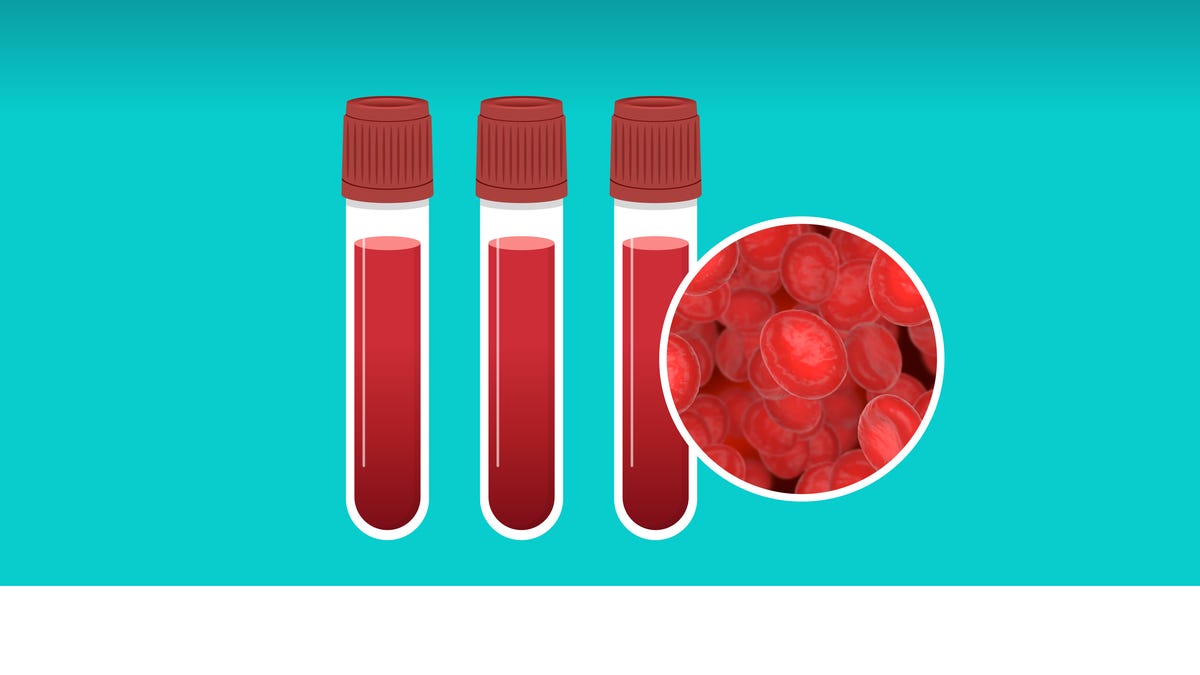Cancer continues to be one of the world’s top causes of death, due in part to delayed discovery of the disease. But according to a recently released study, a simple blood test may be able to identify a variety of cancers in their early stages.
The study released by GRAIL, the company behind Galleri, tested 25,000 healthy adults over the age of 50. The multi-cancer early detection (MCED) test, the company says, found cancers at earlier stages and in organs that don’t have routine screening. Galleri discovered cancer signals in 216 people, and 133 of them indeed had cancer. It also correctly predicted the cancer’s origin 92% of the time.
Shifting cancer screening options
Because of the lack of screening for many of the most serious cancers, they tend to be found after it is too late. But when tumors are found early on, they are more treatable and possibly curable.
There are currently established screening methods for various cancers, including mammograms, pap tests, colonoscopies, and tests for the prostate and lungs.
The FDA has not yet approved the Galleri MCED testing method; more research is currently ongoing.
Unable to view our graphics? Click here to see them.
Cancer’s DNA can be detected in the bloodstream
The goal of Galleri MCED testing, which is a type of liquid biopsy, is to identify cancer cells in their early stages long before symptoms appear. These tests use DNA and protein profiles to determine the probable origin of cancers using machine-learning algorithms.
How does a liquid biopsy detect cancer?
After the blood sample is obtained, a lab analyzes the DNA using cutting-edge techniques and equipment. If anomalies are found, they are examined more closely. With this molecular data, a doctor may be able to provide targeted treatments that may be more successful.
Status of MCED testing
Although some are available as laboratory-developed tests, the FDA has not yet approved any multi-cancer early detection (MCED) testing methods. The FDA has granted “Breakthrough Device Designation” to a number of MCED tests, which speeds up their development and review but is not the same as FDA clearance, according to the National Institutes of Health.
CONTRIBUTING David Oliver/USA TODAY
SOURCE GRAIL, Nature, American Cancer Society, PLOS, The University of Texas MD Anderson Cancer Center, National Institutes of Health and USA TODAY research
This story was updated to clarify the number of people used in the Galleri study testing.
